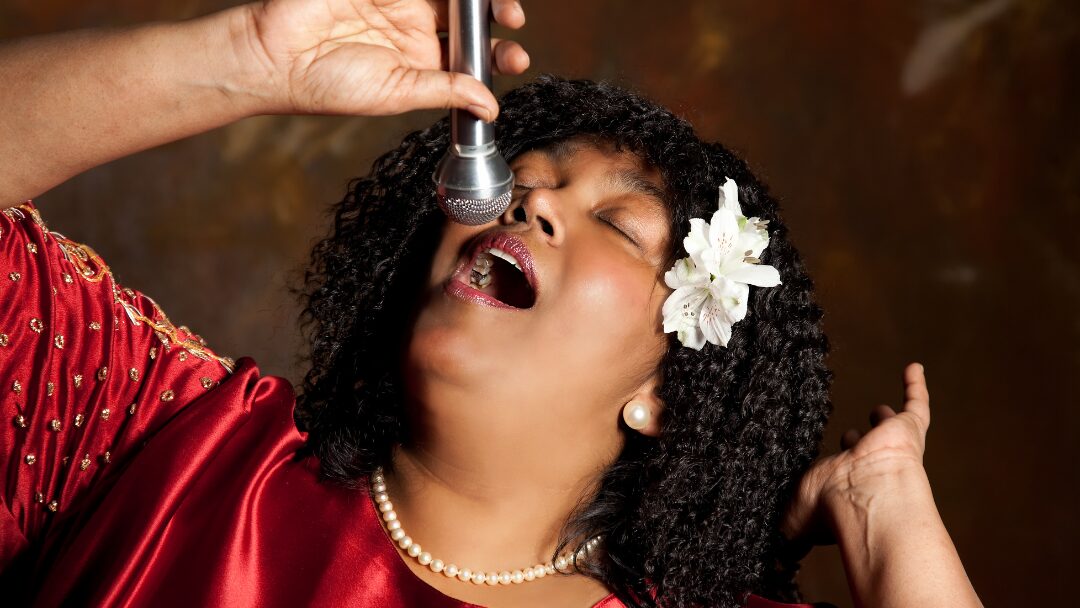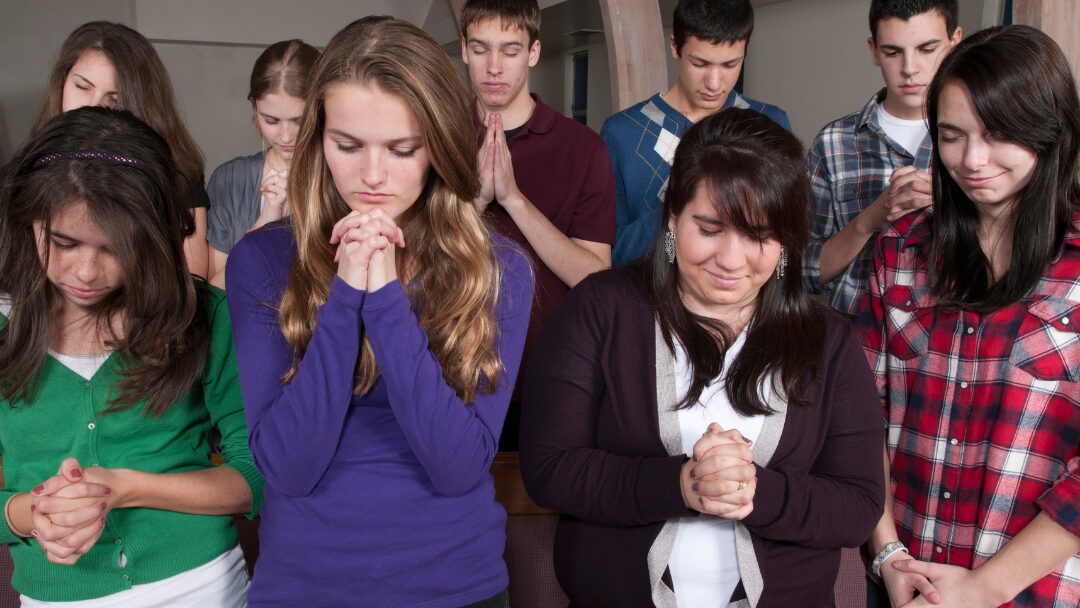Worship music plays a pivotal role in church services, serving as both a spiritual conduit and a communal activity that enhances the worship experience. Its significance extends beyond mere musical performance; worship music fosters congregational participation, creates an atmosphere of reverence and reflection, and unifies the church body in shared expressions of faith.
Enhancing Spiritual Atmosphere
One of the primary roles of worship music is to set the spiritual tone for the
The Role of Worship Music in Church Services
Worship music plays a pivotal role in church services, serving as both a spiritual conduit and a communal activity that enhances the worship experience. Its significance extends beyond mere musical performance; worship music fosters congregational participation, creates an atmosphere of reverence and reflection, and unifies the church body in shared expressions of faith.
Enhancing Spiritual Atmosphere
One of the primary roles of worship music is to set the spiritual tone for the service. The melodies, harmonies, and rhythms can evoke emotions and create an environment conducive to worship and reflection. Music has the unique ability to transcend spoken words, allowing individuals to connect with their faith on a deeper, more intuitive level. Whether through the solemnity of a hymn or the exuberance of a contemporary praise song, worship music prepares the hearts and minds of the congregation for the worship experience.
Facilitating Congregational Participation
Worship music is a communal activity that brings the congregation together in unified praise. Songs and hymns are typically structured to encourage participation, with repetitive choruses and familiar tunes that are easy to follow. This inclusivity allows everyone, regardless of musical ability, to join in the worship. Congregational singing fosters a sense of community and belonging, reinforcing the idea that worship is a collective experience.
Unifying the Church Body
Music serves as a powerful unifying force within the church. Through shared musical experiences, individuals from diverse backgrounds can find common ground. Worship music often includes elements from various musical traditions, reflecting the diversity within the church and promoting inclusivity. By singing together, the congregation expresses a unified voice of faith, reinforcing the sense of unity and purpose within the church community.
Expressing and Deepening Faith
Worship music provides a medium through which individuals can express their faith and devotion. The lyrics of worship songs often reflect theological truths, scriptural references, and personal testimonies, helping congregants articulate their beliefs. Additionally, singing these truths reinforces them, deepening the individual’s understanding and connection to their faith. Music can also facilitate a more personal and emotional engagement with God, allowing worshipers to express their love, gratitude, and reverence in ways that words alone might not convey.
Supporting Liturgy and Sermon Themes
Worship music often complements the liturgical elements and themes of the church service. Carefully selected songs can reinforce the sermon message, scriptural readings, and prayers, creating a cohesive and immersive worship experience. For example, a service focused on themes of grace and redemption might include hymns and songs that highlight these concepts, helping to reinforce the sermon and deepen the congregation’s understanding and reflection on the topic.
Encouraging Reflection and Response
Music has the ability to evoke contemplation and introspection. During moments of musical worship, individuals are often led to reflect on their lives, their relationship with God, and their spiritual journey. This reflection can prompt personal responses, such as prayer, repentance, and commitment. The emotional and spiritual impact of worship music can inspire individuals to take steps in their faith, whether it be a renewed commitment to spiritual practices or a decision to seek deeper involvement in the church community.
Adapting to Contemporary Needs
The role of worship music continues to evolve, adapting to the contemporary needs and preferences of congregations. Modern worship music often incorporates elements of popular music styles, making it more accessible and relatable to younger generations. This evolution helps ensure that worship remains relevant and engaging, fostering continued participation and spiritual growth among all age groups.
Conclusion
Worship music is an integral component of church services, enriching the worship experience in profound ways. By setting a spiritual atmosphere, facilitating congregational participation, unifying the church body, expressing and deepening faith, supporting liturgical themes, and encouraging reflection and response, worship music plays a crucial role in the life of the church. Its enduring power lies in its ability to connect individuals with the divine and with each other, creating a vibrant and dynamic worship experience that resonates across generations.







